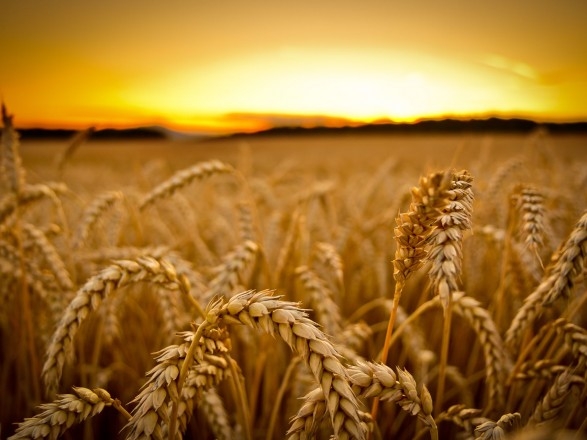Favorable weather persists in the US and Canada, while the Black Sea region suffers from a lack of precipitation

In the US Corn Belt, the weather remains favorable for corn and soybeans with occasional rains and normal temperatures. Winter wheat is almost harvested. Dry weather next week will accelerate the harvest of spring wheat, and the weekend cyclone will bring favorable rains for crops.
Ahead of the August USDA report, experts are raising their estimates of soybean and corn yields due to favorable weather conditions.
In the prairies of Canada, after the July heat and drought, this week’s cyclone brought rains and cold snap, which will reduce stress for canola, spring wheat, soybeans and corn. Frosts are possible in some areas of Saskatchewan. Next week, temperatures will rise and it will rain, which will contribute to the filling of spring wheat and canola.
From the West to the East of Europe passed the front with showers. Most precipitation fell in the northwestern regions, which suffered from excess moisture. Delayed harvesting in France and Germany reduces the harvest (in France it will be the smallest since 1983), so experts reduce the forecasts of wheat, corn and sunflower production in the EU. Next week, temperatures in Europe will rise and rainfall will decrease, but in the South it will increase stress for corn and sunflower crops.
The cyclone from Europe brought rains to the Black Sea region, but the South-East of Ukraine and South-West of Russia will not receive enough moisture. The soybean, sunflower and corn crops continue to dry out, so harvest forecasts are down.
In the West and in the center of Ukraine, it rained, which will allow to start sowing of winter rape.
In Argentina, this week’s front brought uneven rains and cold snap. Winter wheat crops need more moisture, but lower temperatures will reduce stress on the plants. The corn harvest is almost complete, increasing supply on the world market.
In most of Australia this week and next week will be rains, favorable for winter wheat, barley and canola.
Read also
Wheat in Southern Brazil Impacted by Dry Weather and Frosts
Oilseed Industry. Leaders and Strategies in the Times of a Great Change
Black Sea & Danube Region: Oilseed and Vegoil Markets Within Ongoing Transfor...
Serbia. The drought will cause extremely high losses for farmers this year
2023/24 Safrinha Corn in Brazil 91% Harvested
Write to us
Our manager will contact you soon



